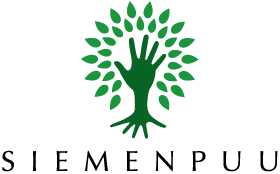[Marko Ulvila] What do people do when they meet health problems in India? What is the role of non-modern health practitioners? These were some of the issues discussed in the dialogue organised by SADED’s Health Swaraj Group in Delhi on 20-21 May.
The meeting started with presentation of preliminary findings from a study on urban health seeking behaviours. Rita Kumari gave a vivid view from poor neighbourhood where the homeless reported begging as their profession. There people made much use of home remedies, including medicinal plants. The situation was quite different in middle-class colony where people rely much more on modern medicine.
Bone setter Hari Pahlwan gave a convincing presentation about his work that he had inherited from his father. He compared his work ethos of service with modern doctors who seem to be mainly interested in making money.
Bhanwar Dhabhai from Rashtriya Guni Mission explained the efforts to get traditional healers together and improve their self-confidence in their skills. There are also plans to engage in training efforts of the gunis.
There was also a presentation by Dr. Rajib Dasgupta about the government plans to set up National Urban Health Mission The Task Force had focused on making sure that services would be available for vulnerable groups and that there would be broader view on health.
On the second day the focus was on universal access to health care. The dialogue made use of a special issue of Indian Journal of Public Health devoted to the theme. A key topic is the role of public government and services in this field, especially in the context of the reforms of 1991 that saw the rise of private actor. How can profit-oriented actors ever make good quality services available to the poor?
Marko Ulvila, 22.5.2014
Writer is Advisor to MEP Satu Hassi, and member of Siemenpuu’s SADED Working Group
